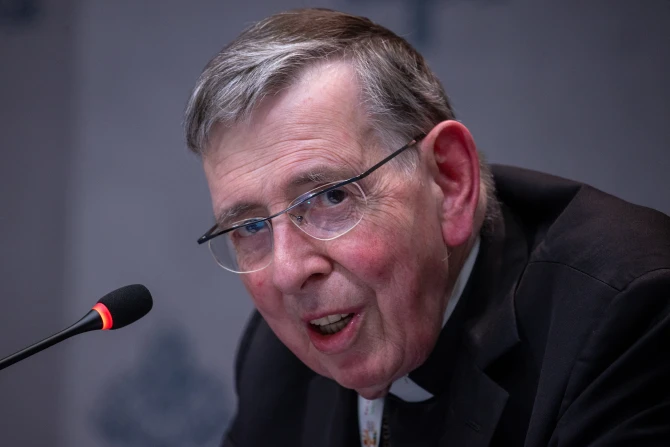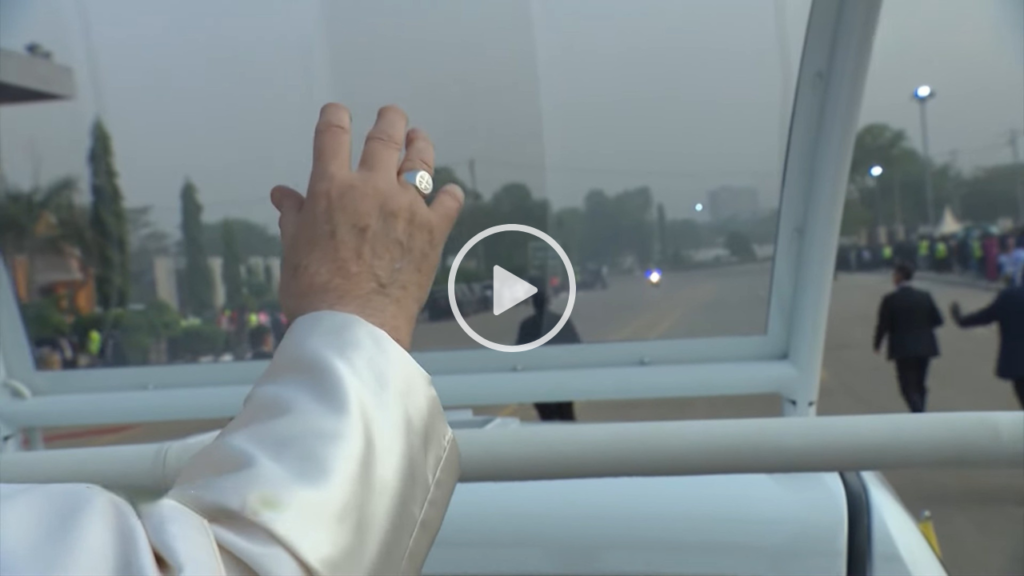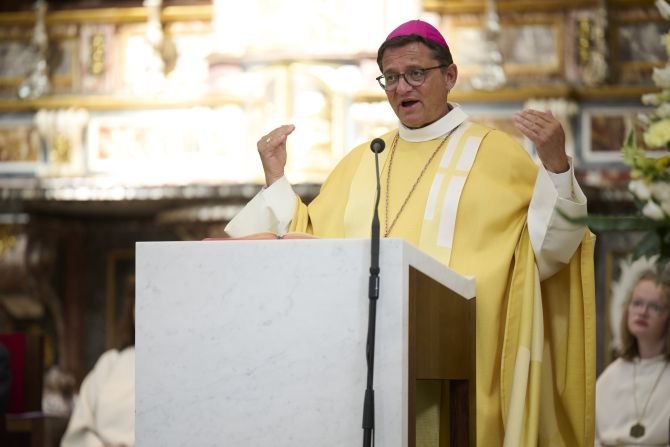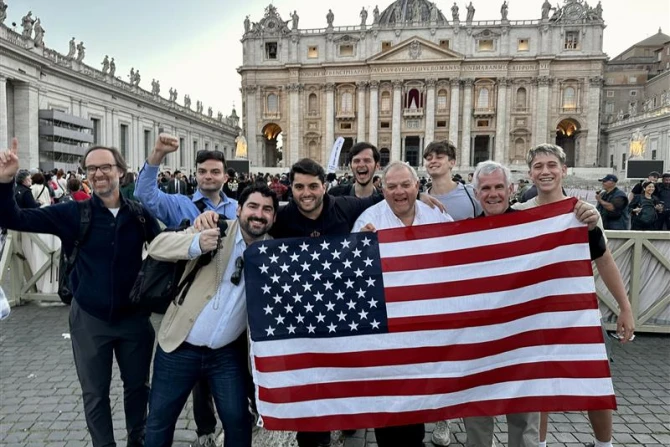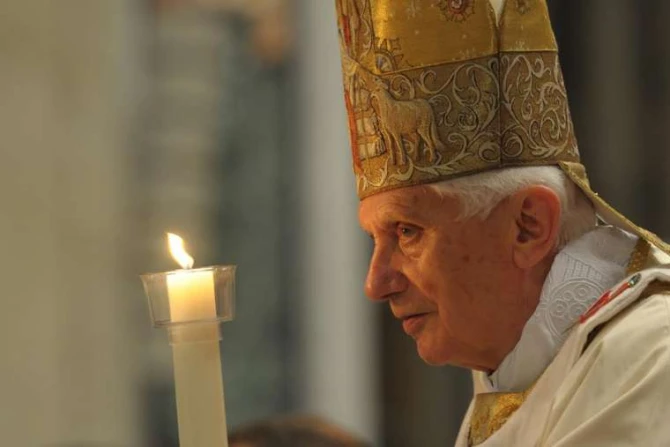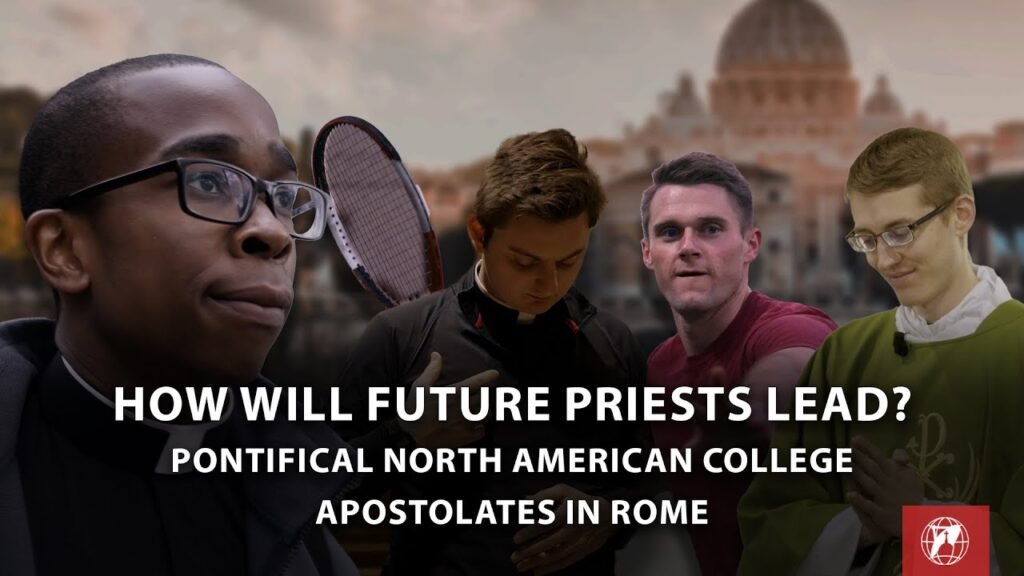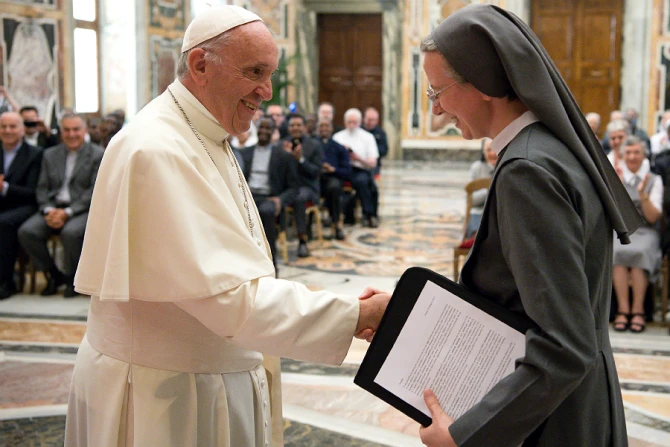In his acceptance speech for the honorary doctorate awarded him by the Catholic University of Valencia, Cardinal Kurt Koch rejected the extreme positions of progressives and traditionalists regarding the Second Vatican Council.
The prefect of the Dicastery for Promoting Christian Unity reflected in his address on the tension between the two essential parts of the Second Vatican Council: fidelity to the sources and fidelity to the signs of the times.
For the cardinal, “the relationship between these two dimensions has always characterized the Church, but the tension has become more acute in a new way after Vatican II.”
Faced with this dichotomy, Koch argued that “beyond secularist conformism and separatist fundamentalism, it is necessary to seek a third path in the Catholic faith, which has already been shown to us by the council.”
According to the prefect, both the so-called progressives and the traditionalists “conceive of Vatican II as a rupture, although in opposite ways.” For the former, the rupture occurred after the council, while the latter understand that it occurred during it.
In light of this, the cardinal considered that “the two extreme positions are so close, precisely because they do not interpret Vatican II within the general tradition of the Church.”
In his address, Koch recalled, with regard to the traditionalist view that focuses solely on the sources, that Pope Benedict XVI stated that “the magisterial authority of the Church cannot be frozen in 1962.”
The risk of worldliness in the Church
On the other hand, “if the emphasis is placed solely on ‘aggiornamento’ [updating], there is a danger that the opening of the Church to the world, desired and achieved by the council, will become a hasty adaptation of the foundations of faith to the spirit of the modern age,” the cardinal noted.
“Many currents in the postconciliar period were so oriented toward the world that they did not notice the tentacles of the modern spirit or underestimated its impact,” the cardinal observed, “so that the so-called conversion to the world did not cause the leaven of the Gospel to permeate modern society more but rather led to a broad conformism of the Church with the world.”
Koch’s proposal in the face of both positions, which he considers equally disruptive, is “the restoration of a healthy balance in the relationship between the faith and the Church on the one hand and the world on the other.”
In his view, if the Church cannot be confused with the world, “the original identity of faith and the Church must not be defined in such a way that it separates itself from the world in a fundamentalist way.”
In this sense, he added that the dialogue between the Church and the contemporary world “must not make faith and the Church adapt to the world in a secularist way, dangerously renouncing her identity.”
What does the reform of the Church mean?
For the prefect of the Dicastery for Promoting Christian Unity, the reform of the Church cannot imply “a change of essence” but consists in “the elimination of what is inauthentic” through a process of purification of the Church “based on its origins,” so that “the form of the one Church willed by Christ can become visible again.”
“For the council, fidelity to its origins and conformity to the times were not opposed to each other. Rather, the council wanted to proclaim the Catholic faith in a way that was both faithful to its origins and appropriate to the times, in order to be able to transmit the truth and beauty of the faith to the people of today, so that they can understand it and accept it as an aid to their lives,” he emphasized.
For the cardinal, “the council did not create a new Church in rupture with tradition, nor did it conceive a different faith, but rather it aimed at a renewal of faith and a Church renewed on the basis of the spirit of the Christian message that has been revealed once and for all and transmitted in the living tradition of the Church.”
This story was first published by ACI Prensa, CNA’s Spanish-language news partner. It has been translated and adapted by CNA.

